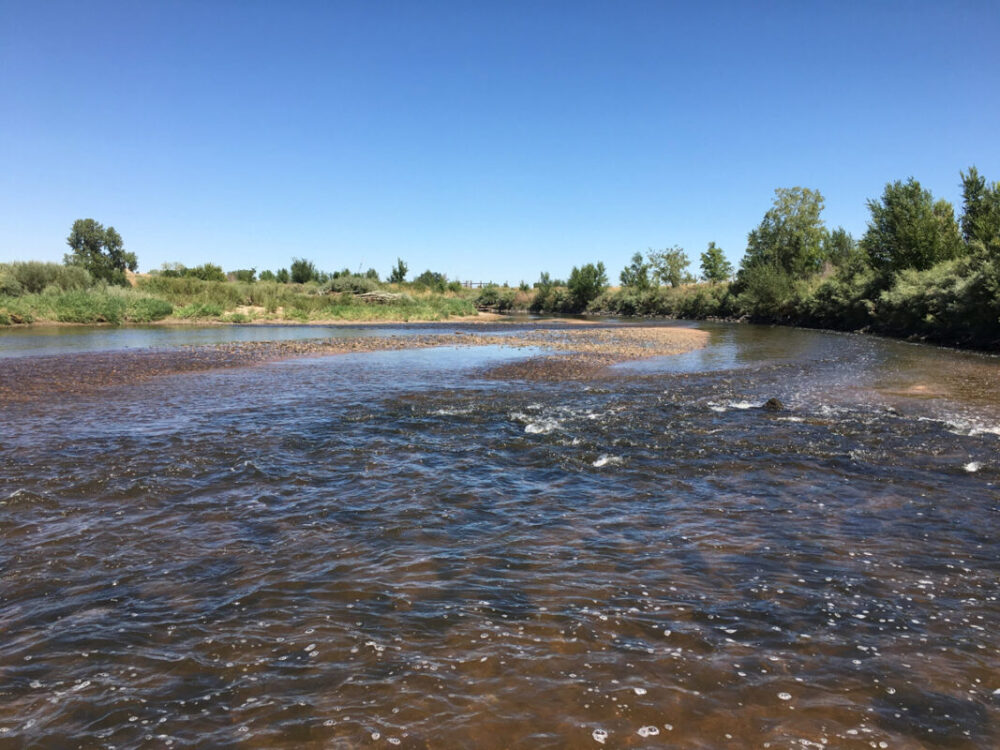The U.S. Congress created the national EPA-mandated Pretreatment program in 1972. This program protects the publicly owned wastewater treatment plants (POTWs), collection systems, and waterways from discharges of toxic and other pollutants from commercial businesses and industries. The EPA approved Metro Water Recovery’s own Industrial Pretreatment Program (IPP) on August 25, 1986.
POTWs are designed to treat domestic wastewater. POTWs cannot treat all industrial and commercial wastewaters. Many businesses and industries must pretreat wastewater before sending it to the sewer to protect the collection system components, the wastewater treatment process from passthrough and interference of pollutants, the effluent water quality and biosolids, and the operators.
Metro’s pretreatment regulations ensure the wastewater generated by businesses and industries in its service area meet the goals of the program. By discharging to the POTW, each commercial and industrial business agrees to comply with the Metro Water Recovery Rules and Regulations Governing the Operation Use and Services of the System including all individual permit, general permit, sector permit, and best management practice requirements specific to the business or industry.
Metro’s IPP also guides the Hauled Waste Program and the Dental Amalgam Control Program.

